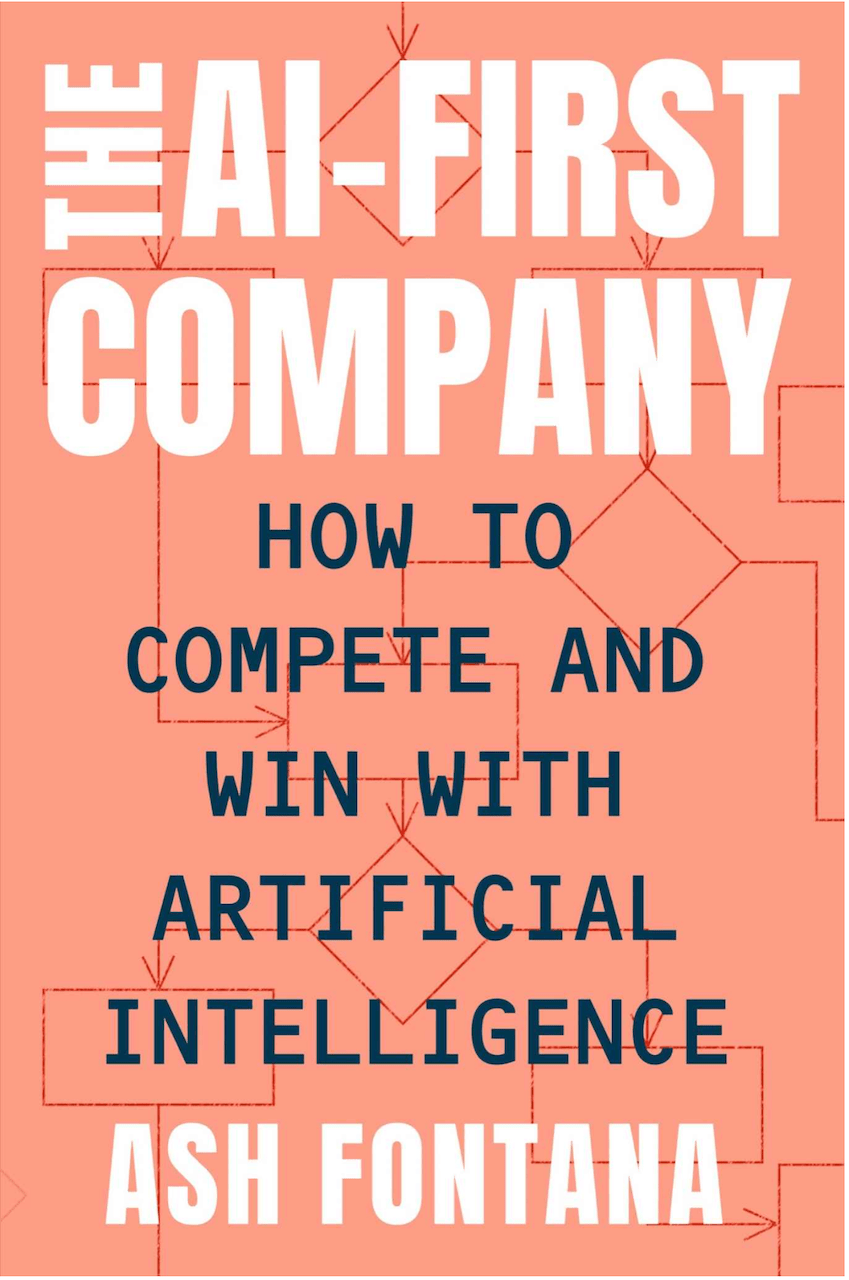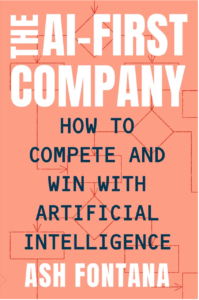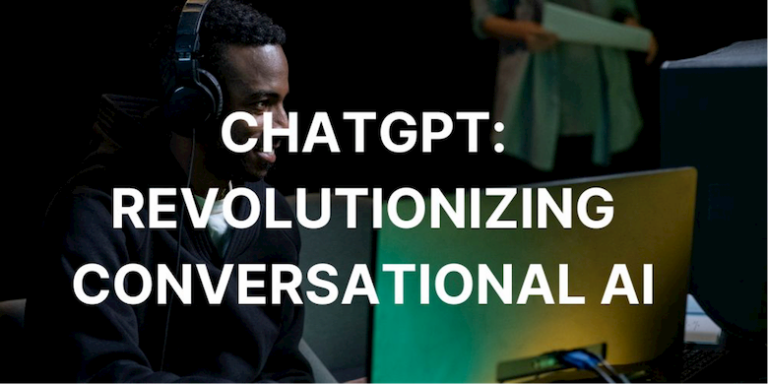In the ever-evolving landscape of technology, staying ahead of the curve is essential for businesses to thrive. The advent of smartphones brought about a paradigm shift, where the catchphrases “mobile-must” and “mobile-first” dominated the industry. Today, a new catchword is on the rise, promising to revolutionize the way we do business— “AI-First.” Just as mobile technology reshaped the tech industry, artificial intelligence (AI) is now poised to reshape it once again. In this article, we explore the concept of the AI-First Company and why it is crucial for organizations, big or small, to embrace this transformative trend.
-
The Inner Circle of Technology:
In recent years, the technology sector has witnessed an unprecedented surge in innovation and competition. To remain relevant and gain a competitive edge, companies must adopt a mindset of constant hard work and progress. Embracing AI as a core strategy allows businesses to harness the power of intelligent automation, data analytics, and machine learning, enabling them to leapfrog ahead and outperform their peers.
-
A Familiar Trend:
Cast your mind back a few years when the iPhone emerged as a cultural phenomenon, captivating the masses and revolutionizing the mobile industry. At that time, the rallying cry was “mobile-must,” emphasizing the importance of mobile technology. Soon after, the focus shifted to “mobile-first,” where businesses recognized the need to prioritize mobile experiences. Today, we find ourselves in a similar situation with the rise of AI. The catchword “AI-First” is resonating across industries, urging organizations to place artificial intelligence at the forefront of their strategies.
-
The Value of Adapting:
For businesses to capitalize on the AI revolution, assimilating AI into their operations becomes paramount. This transformation allows companies to automate routine tasks, improve decision-making processes, and deliver hyper-personalized experiences to customers. Being an AI-First Company is no longer a luxury, but a necessity to remain competitive in today’s fast-paced business environment.
-
The Path for Startups and Small Businesses:
While the concept of AI-First might seem daunting for startups and small companies, it is precisely in these early stages that the integration of AI can be most impactful. Embracing AI technologies allows these businesses to leverage automation and data-driven insights that were previously only accessible to larger enterprises. By incorporating AI into their operations, startups and small businesses can gain a competitive advantage, streamline processes, and scale their operations efficiently.
-
A Rebalancing Act for Investors:
Investors and venture capitalists (VCs) play a pivotal role in shaping the future of technology. Recognizing the potential of AI-driven companies, it is imperative for investors to rebalance their portfolios and allocate a portion of their funds towards supporting AI ventures. By doing so, they not only contribute to the growth of AI startups but also position themselves at the forefront of the AI revolution.
-
The AI-First Company:
A Blueprint for Success: In the midst of the AI revolution, “The AI-First Company: How to Compete and Win with Artificial Intelligence” emerges as a comprehensive guide for businesses seeking to harness the power of AI. Authored by industry experts and thought leaders, this groundbreaking book delves into the strategies, tools, and best practices that companies need to adopt to thrive in the AI era.
Buy Hardcover from Amazon
Buy Kindle Cheaper
Buy Audiobook is free
The book serves as a roadmap, providing practical insights on how to integrate AI seamlessly into various aspects of business operations. From customer service and marketing to supply chain management and product development, “The AI-First Company” offers actionable advice on how to leverage AI technologies for improved efficiency, enhanced decision-making, and superior customer experiences.

Drawing upon real-world case studies and success stories, the book showcases how companies of all sizes and industries have embraced AI to drive innovation and gain a competitive edge. It presents a compelling argument for why becoming an AI-First Company is not just an option but a necessity in today’s rapidly evolving business landscape.
Moreover, “The AI-First Company” recognizes the challenges and concerns that may arise during the AI integration process. It addresses ethical considerations, data privacy, and the importance of fostering a culture of trust and transparency. By navigating these complexities, businesses can harness the full potential of AI while ensuring responsible and ethical implementation.
By promoting the book, organizations can gain access to invaluable knowledge, insights, and strategies that will help them accelerate their AI journey. Whether you are a CEO looking to transform your company or an aspiring entrepreneur seeking to build an AI-driven startup, “The AI-First Company” offers a comprehensive guide to navigate the complexities of the AI landscape and emerge as a frontrunner in the era of artificial intelligence.
In conclusion, “The AI-First Company” serves as a beacon of guidance, equipping businesses with the necessary tools and knowledge to successfully integrate AI into their operations. As the AI revolution unfolds, this book acts as a trusted companion, providing a blueprint for success and positioning companies to compete and win in the AI-driven future.

















+ There are no comments
Add yours